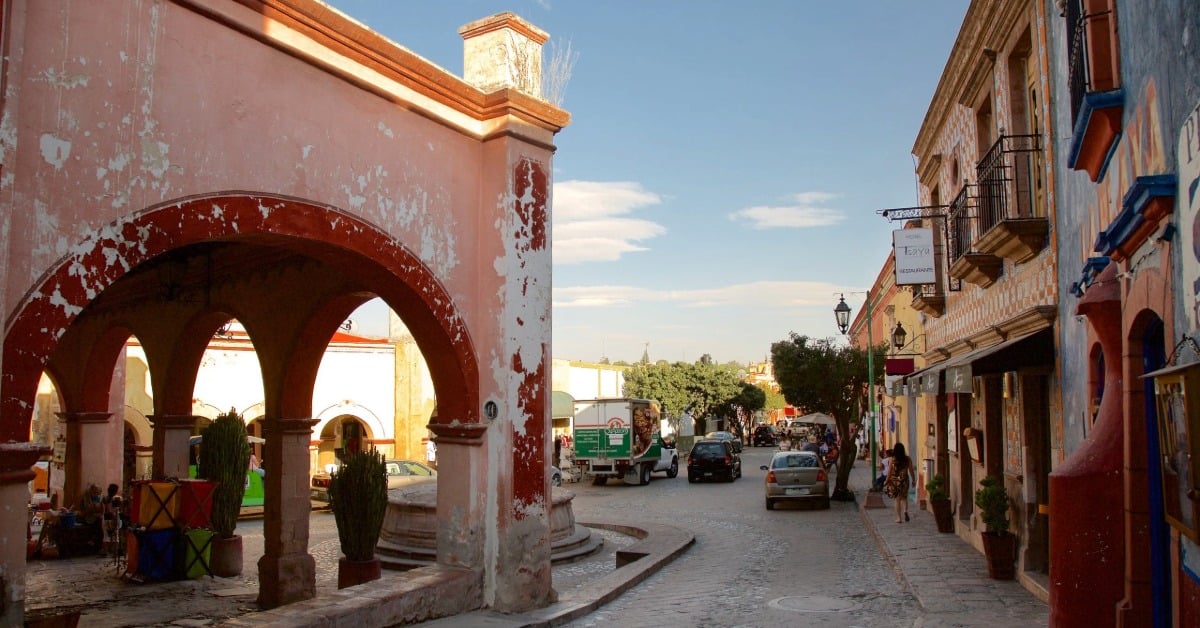Bernal closed 30 unlicensed businesses during a July enforcement sweep, aiming to improve public safety and formalize tourism commerce . . .

Bernal closed 30 unlicensed businesses during a July enforcement sweep, aiming to improve public safety and formalize tourism commerce . . .
